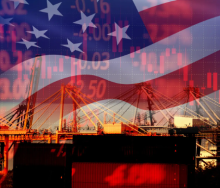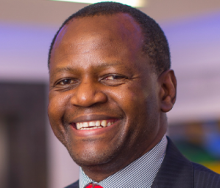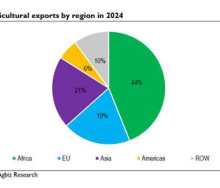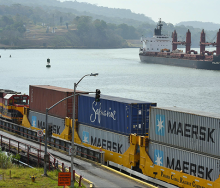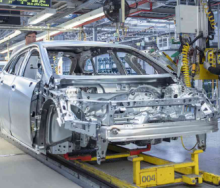Nigeria recently marked the dedication of its first deep sea port, Lekki Deep Sea Port, which is forecast to become a major cargo hub for West Africa.
President Muhammadu Buhari cut the ribbon to mark the opening of the port, which was completed in November 2022 at a cost of approximately $1.6 billion, Maritime Executive reported on Monday.
It’s Nigeria’s first fully automated port and is the first expansion of its ports in 25 years.
Buhari said the port was “a game-changer that would redefine maritime activities in Nigeria and the entire West African sub-region”.
Situated about 64km east of Lagos, the port covers more than 90 hectares. Apart from being the first deep sea port in Nigeria, it is also the biggest port in the country and one of the largest in sub-Saharan Africa. It has the capacity to handle 2.7 million TEUs annually.
The China Harbor Engineering Company developed the facility as part of China’s Belt and Road strategy and officially handed it over to Nigeria but retained a 52.5% stake in its operating company.
The first phase of the port has been completed and includes the overall layout, including a five-mile-long navigation channel, an almost 609-metre turning basin, and an 18.8-metre depth throughout the port, as well as the breakwater and berths. The container terminal comprises three berths covering an almost 1.2km quay and a container storage yard with more than 15 000 slots. It is also the first Nigerian port with ship-to-shore super-post-Panamax cranes.
When fully constructed, it will also have a liquid bulk terminal with three additional berths, with capacity to handle vessels up to 160 000 dwt and a tank farm connected by pipelines running to the breakwater. Its dry cargo terminal will be able to handle up to four million tons of dry bulk per year.
CMA CGM sailed its containership, the 5 770-TEU CMA CGM Mozart, into the port on January 22, ahead of the celebration.
The Nigerian government is planning the development of six new deep-sea ports.



